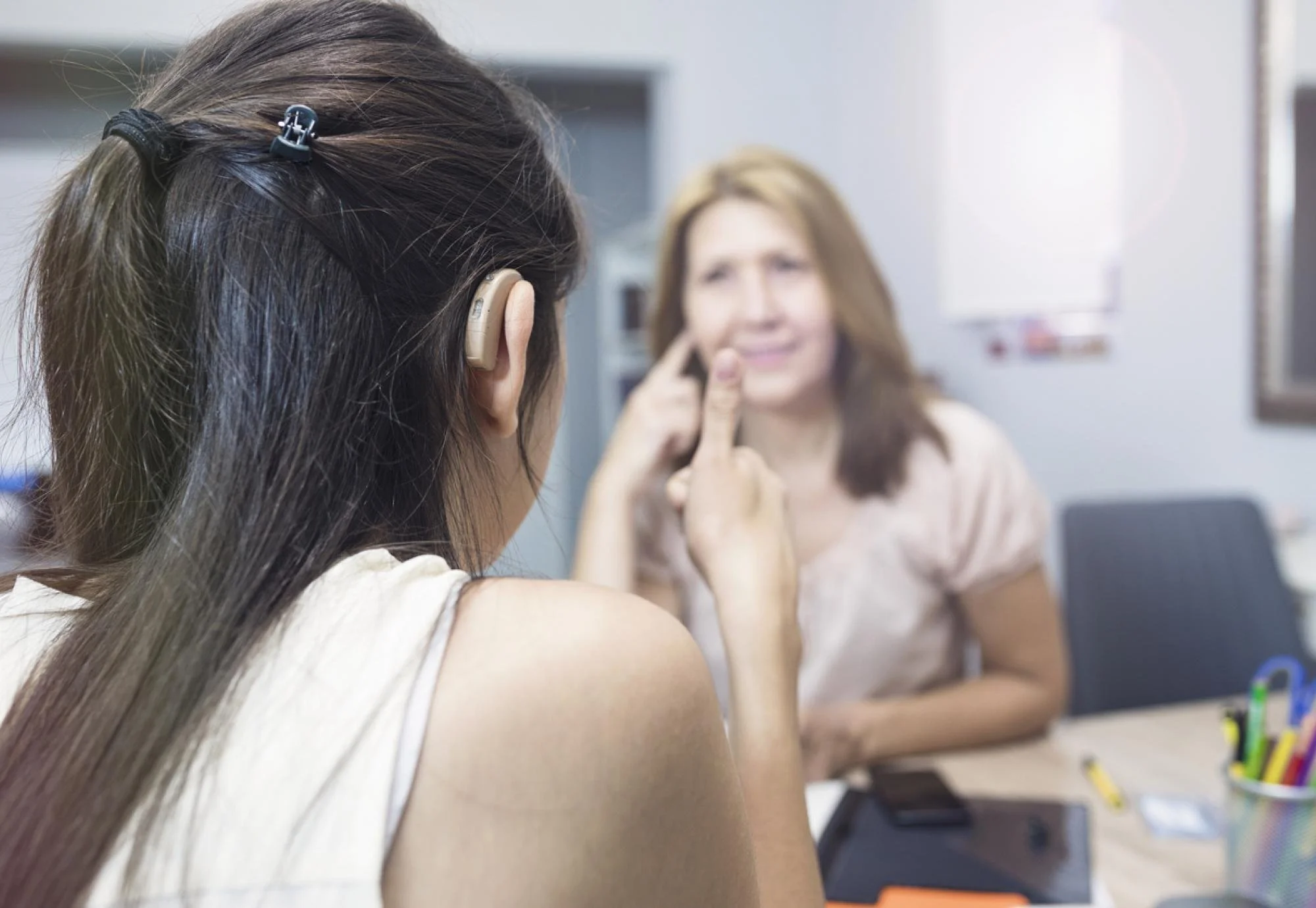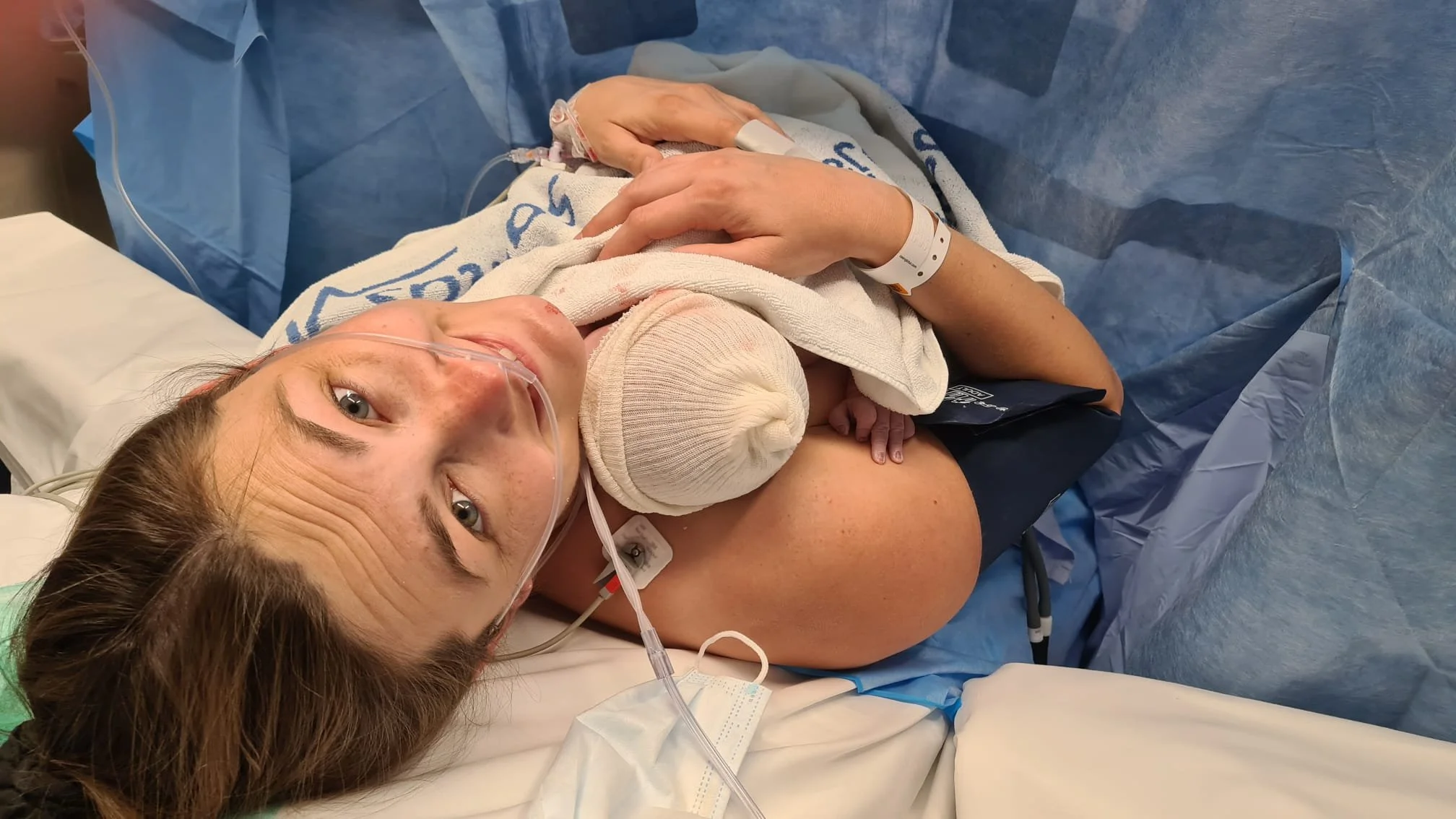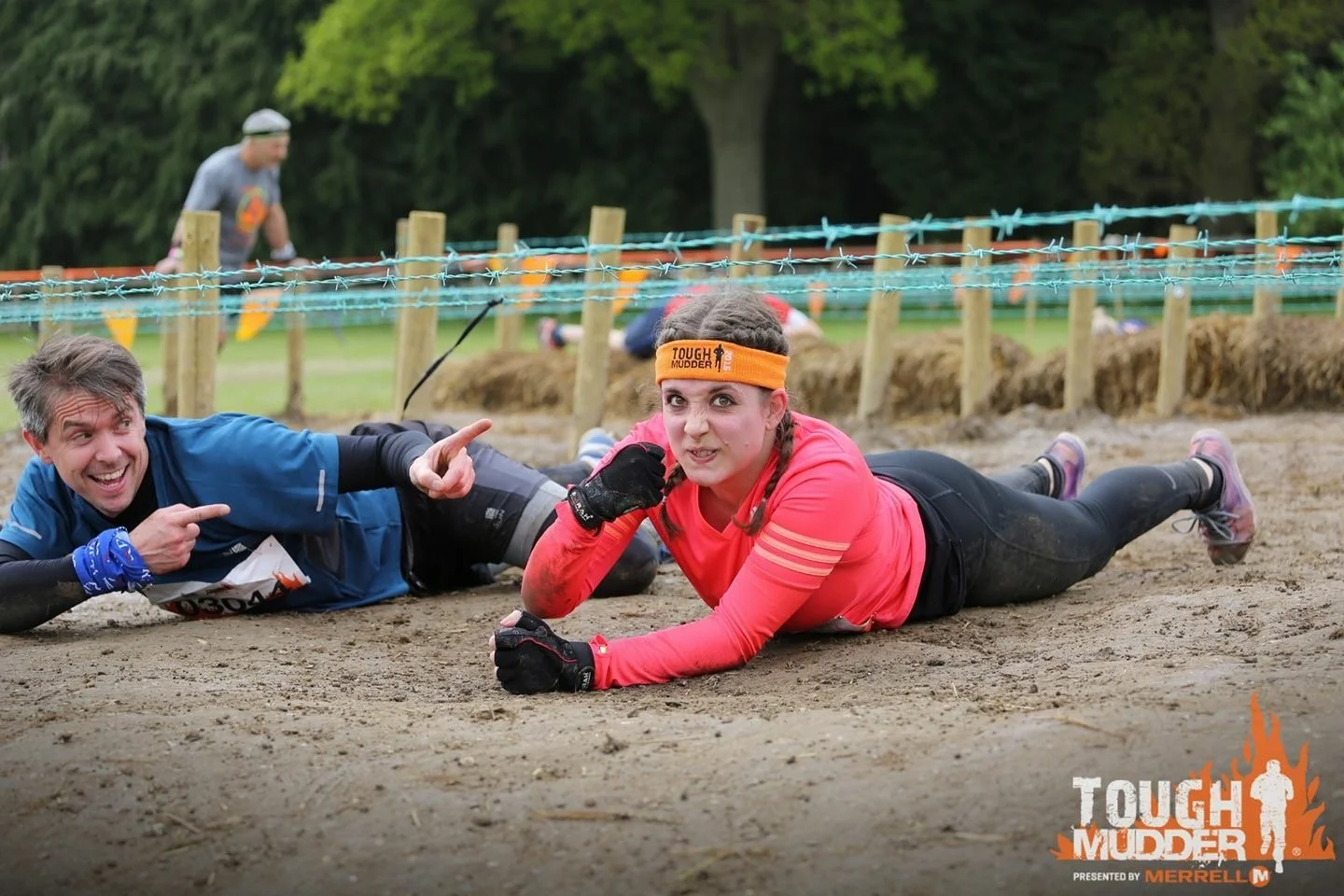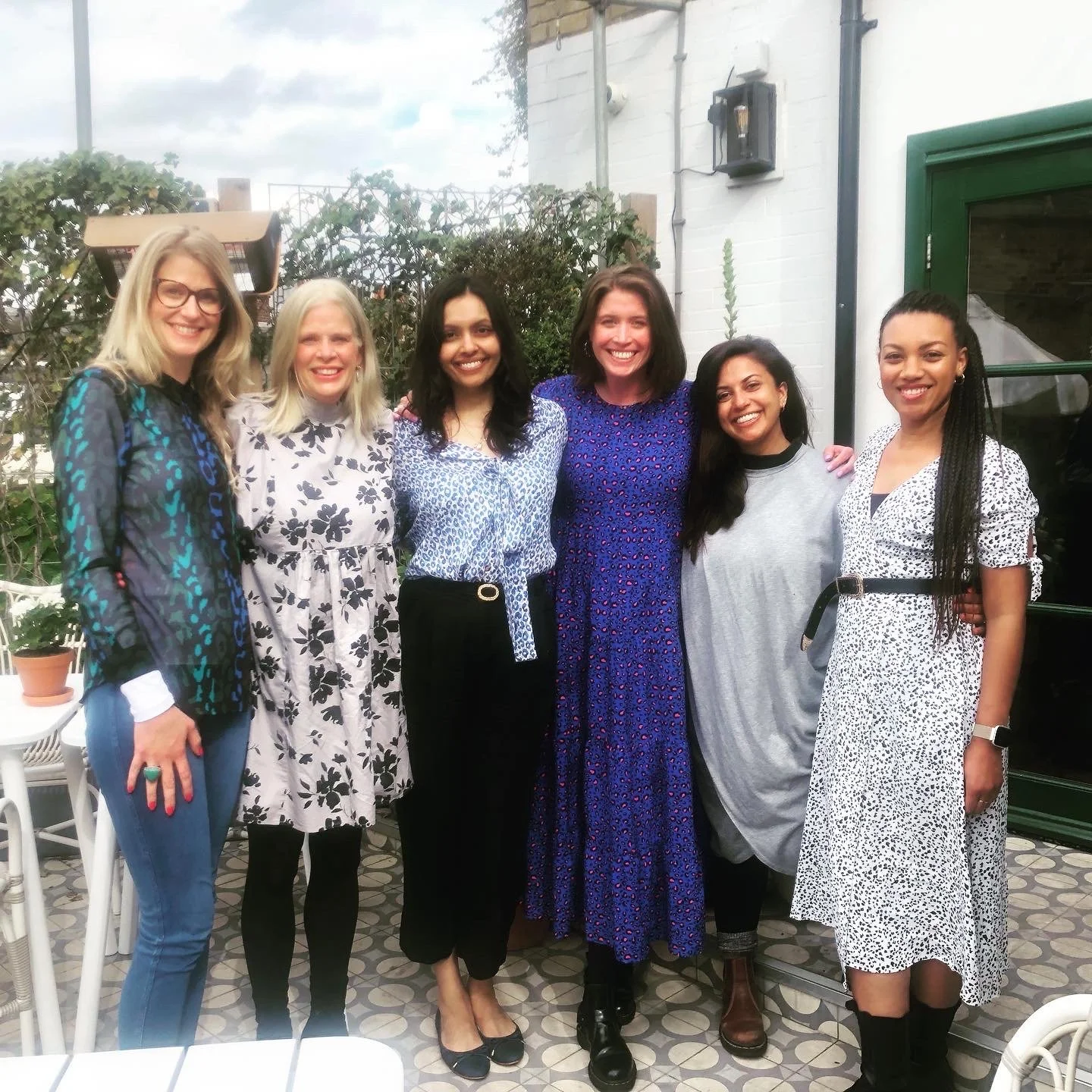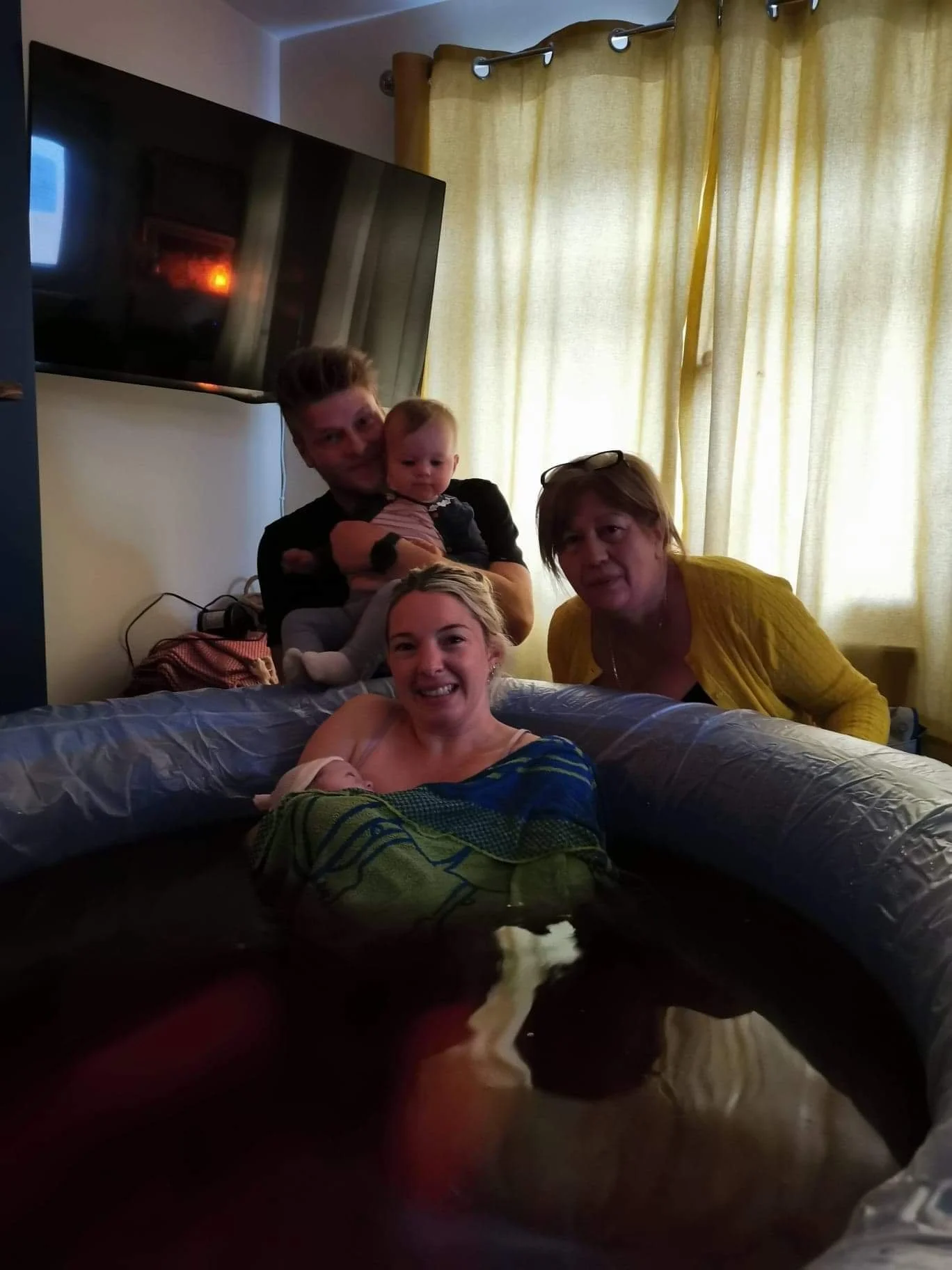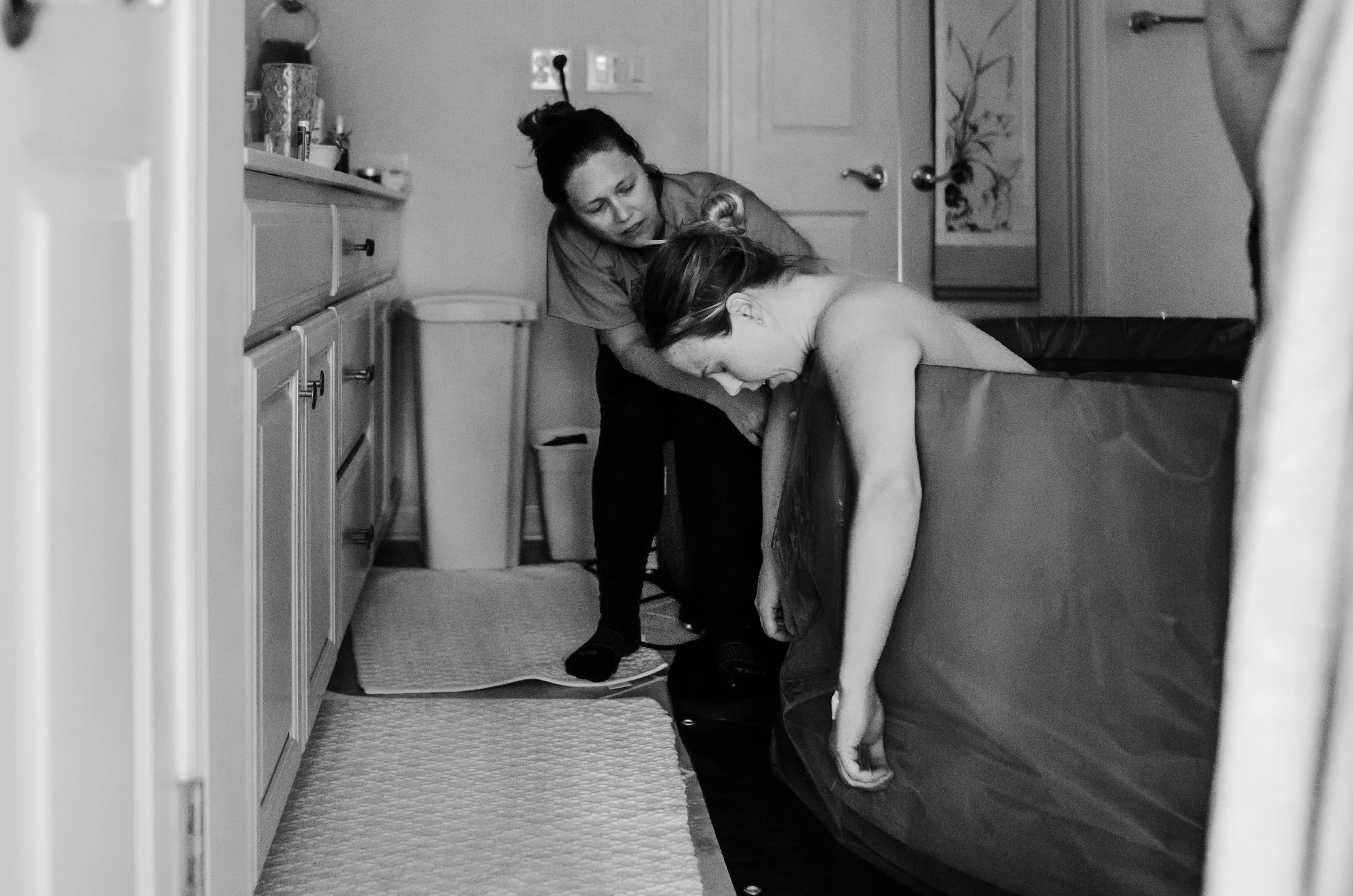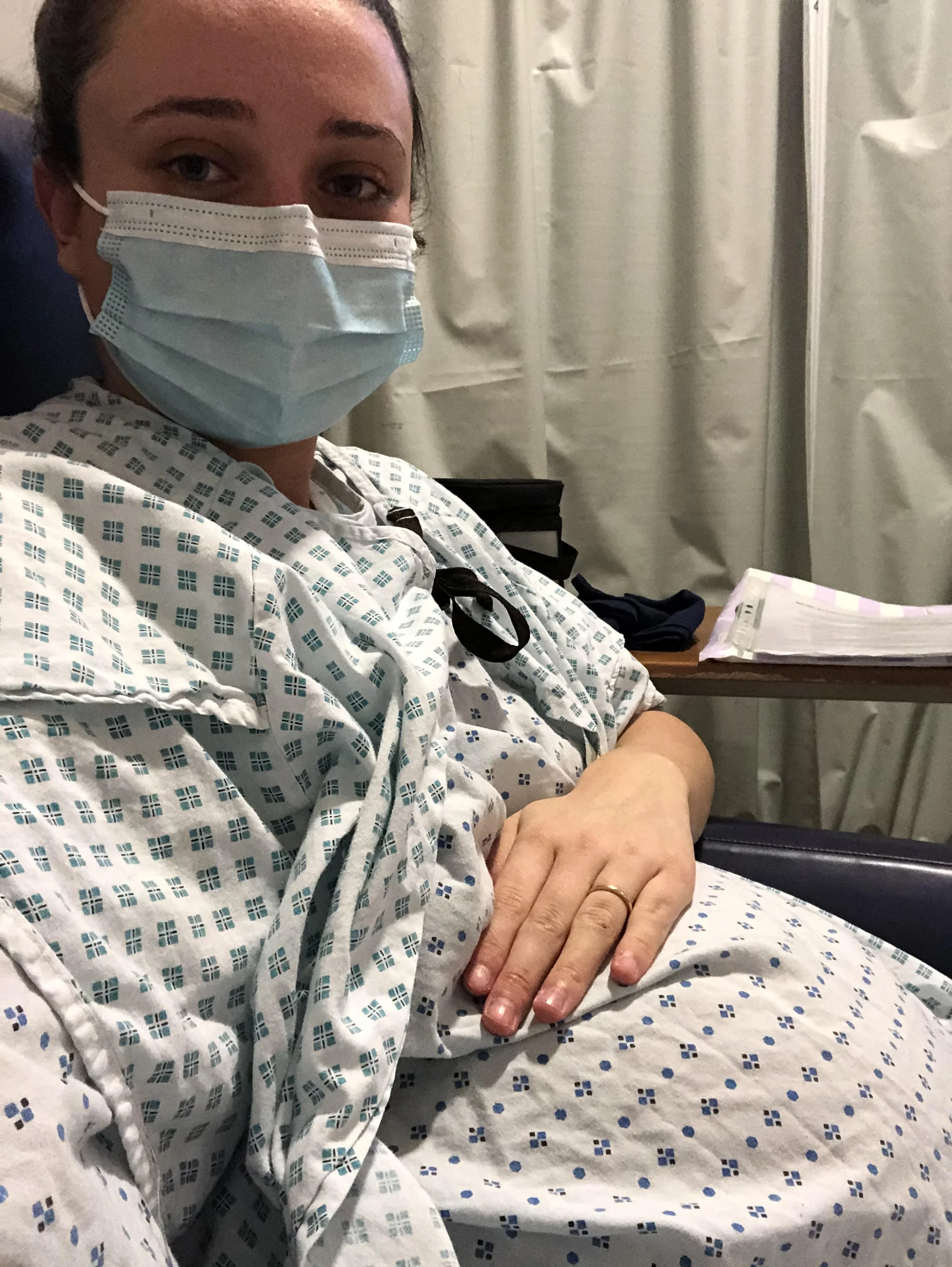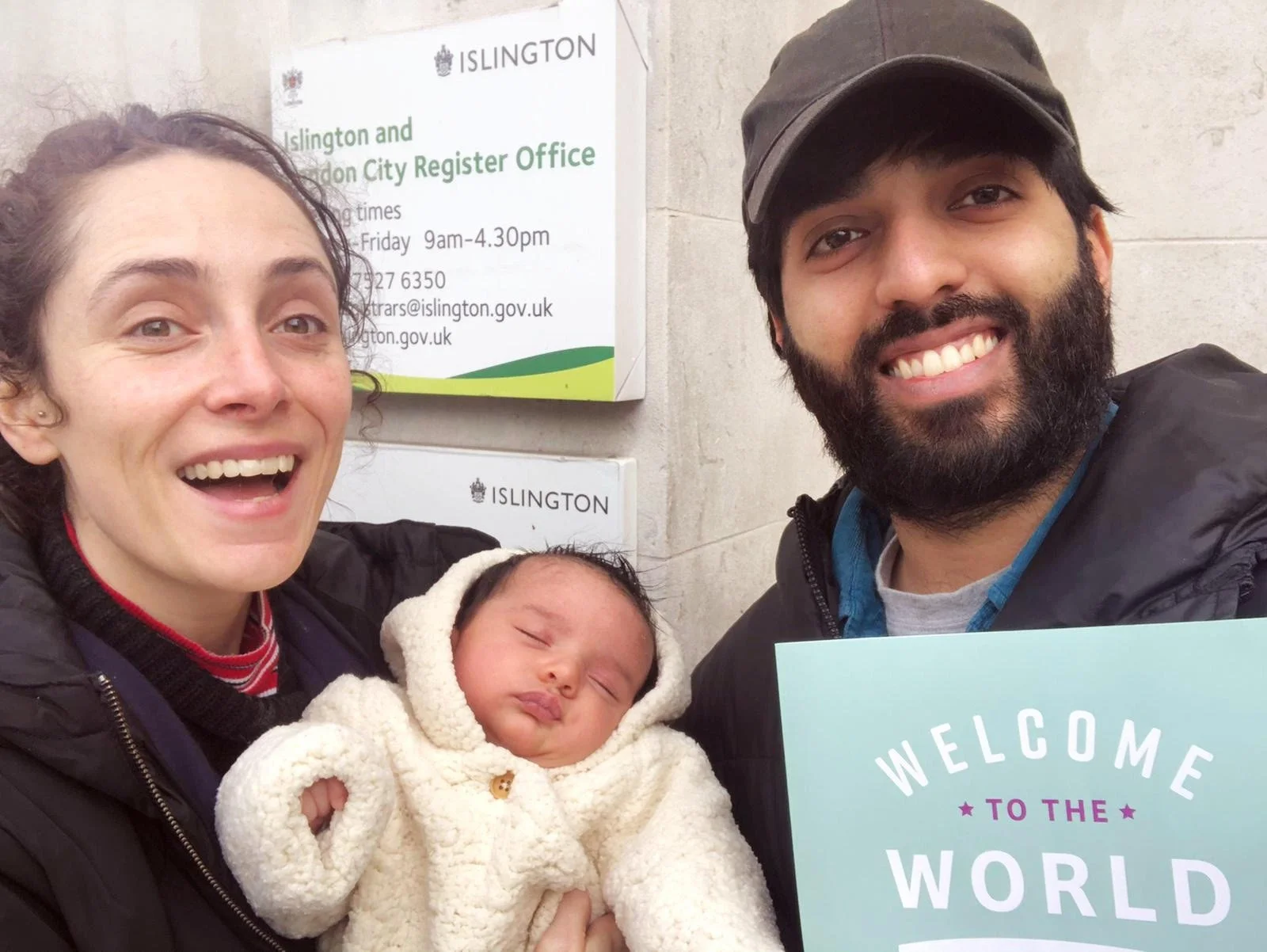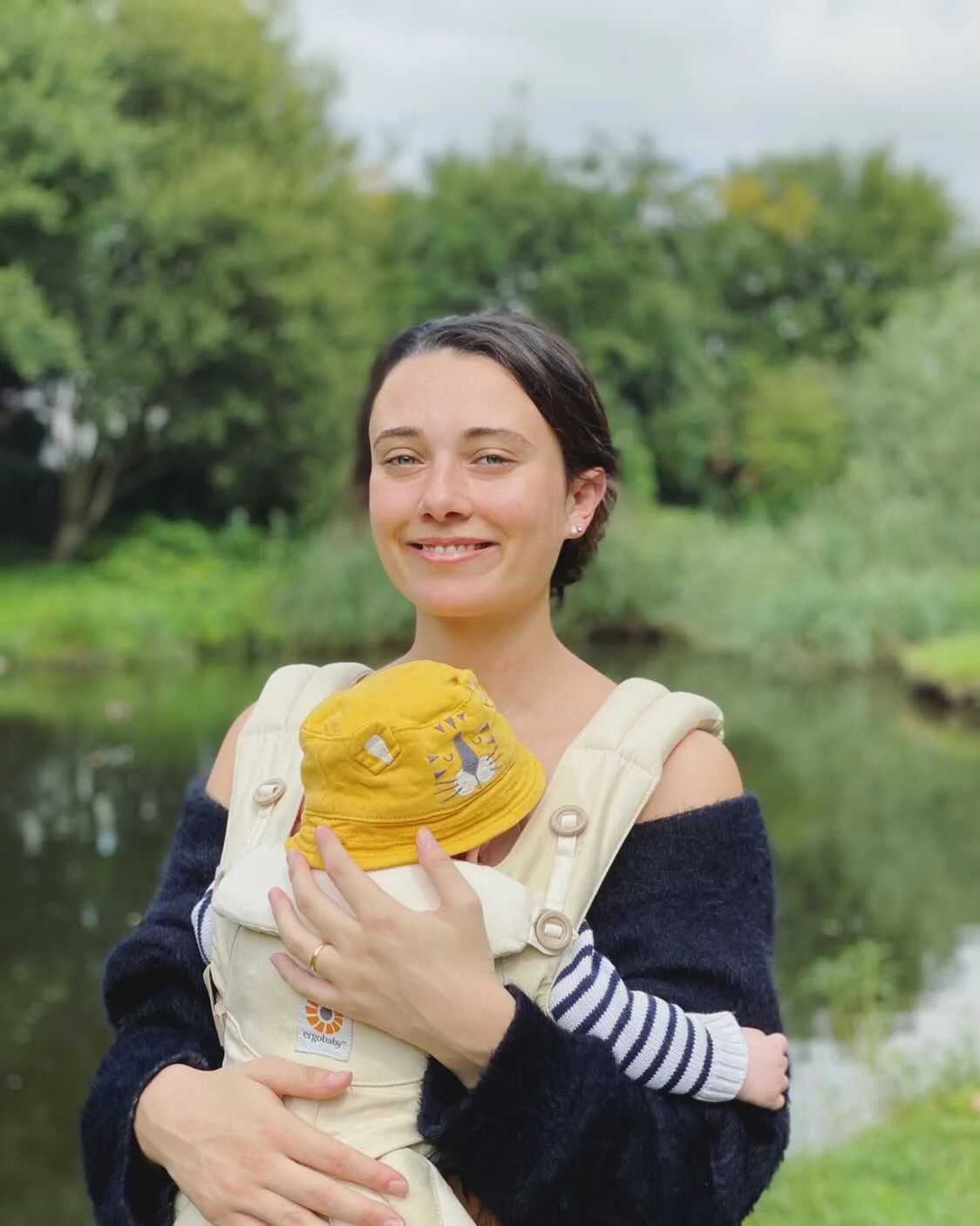What can you do to improve maternity services for deaf and BSL users? Some actions and a reading list.
Read MoreMaternity care is a sacred space where compassion, support and empowerment should reign. But often lurking beneath the surface is an undercurrent of systemic toxicity, eroding the emotional and physical wellbeing of those dedicated to this noble profession, as Laura Spence reflects.
Read MoreAlice’s first pregnancy was a smooth-sailing one, though she felt extremely anxious all the time. Superstition, withdrawing from social events and doom scrolling were her new reality – until thankfully Alice opened up at a doctor’s appointment who noticed what this was: acute perinatal anxiety. Alice shares about the amazing support she got after that.
Read MoreFor a long time, weightlifting was Chelsea’s sole focus of the day, every day. It was a great outlet for the stresses she faces, and it boosted her physical health as well as her mental health. The birth of her son threw her completely off course. She felt no longer strong: not physically or mentally. Chelsea writes about her path to healing and reflects on what helped her gain her strength back, in the hope to help others who can relate.
Read MoreFollow Amina Berour on her transformational journey as an obstetrics trainee. Amina shares some wonferful insights around the human element of obstetrics and the need to be fully trauma-informed when caring for others.
Read MoreWe are 5! We all came together in London at The Good Company and cheersed to five amazing years of Make Birth Better. We hugged, laughed, talked and celebrated how far we’ve come and everyone who has supported us.
Read MoreAnecdotally, at Make Birth Better, we hear about the quiet decline of home births. We know for many home birth is a really vital choice they want to have to help manage their trauma. That’s why we want to hold space for these experiences. Read the stories of Jane, Emma, Catherine, Cat and Anna.
Read MoreWhat happens if a Muslim woman presents with trauma following birth? Do you know how to support her? Aaliyah Shaikh explored and documented British Muslims’ experiences of pregnancy and childbirth trauma for her PhD thesis. Here’s fourteen amazing recommendations to help you support the Muslim community better.
Read MoreTracey is a mum to four girls and has also been an egg donor and a surrogate. She is currently the Surrogate Manager at a UK based surrogacy agency. Tracey shares openly about her journeys: why she chose to be a donor and a surrogate, what it was like giving birth, but also (sadly) miscarrying and how support could be better.
Read MoreAre you in need of a reminder that change IS happening as much as we are? Because times are tough right now and we are all feeling it. We asked the wonderful organisations in our network: what are you most proud of? And collated all their brilliant stories for you here: to celebrate the change that most definitely is happening!
Read MoreMake Birth Better’s CEO Nikki Wilson discusses intergenerational trauma with podcaster and Birth Trauma Peer Support Worker Frankie Gibbons. We highly recommend listening to the podcast episode here. Frankie describes how her second birth - an empowering, wonderful home birth (after a previous traumatic one) - completely turned her mum’s opinion on birth upside down.
Read MoreLaura Dickerson writes about her experience of trauma when her son was born. She writes about what it looked like when her mental health declined and what her journey to recovery entailed. Laura: “Letting your emotions pass by like leaves on a stream is a skill worth investing time in.”
Read MoreIn her work as a journalist and as CEO of the Birth Trauma Association, Kim Thomas has read and listened to the stories of hundreds of women describing their traumatic birth experiences. What shocked Kim early in her work, about a decade ago, was the disjuncture between these accounts of birth trauma and the healthcare professionals’ understanding of the condition. Luckily it looks like times are changing.
Read MoreThe theme for Birth Trauma Awareness Week 2022 (18-23 July) is Physical Birth Injuries: diagnosis and treatment. In the light of this theme, we invited our expert friends from MASIC - the only multi-disciplinary UK charity to support those who have suffered Obstetric Anal Sphincter Injuries (OASI) - to answer your OASI related questions.
Read MoreIt's Birth Trauma Awareness Week 2022 (18-23 July), the theme this year is Physical Birth Injuries: diagnosis and treatment. Together with Birth Trauma Association UK (BTA) and Australasian Birth Trauma Association (ABTA) we conducted a survey, which focuses on diagnosis, treatment and impact of physical birth injuries. Our findings illustrate the major impact birth injuries can have on daily life, mental and physical well-being, relationships and intimacy.
Read More‘One interaction can have two very different perspectives’, says Grace Anees. Think of a caesarean birth - and the different perspectives the doctor and mother hold in that moment. Grace shares about how she got familiar with both sides - as a medical student and as a woman giving birth. Her reflection is written down in a powerful poem. Could we sometimes close the gap a little between professionals and parents, she wonders?
Read MoreIn this post – marking Caesarean Awareness Month – Sarah-Jane reflects on how she feels during this month. Often, she cannot relate to the images and words used by other people when they share about their experience with caesarean birth. Sarah-Jane: “It feels almost laughable to me that my experience exists in the same world as these stories.”
Read MoreIn our latest blog post, in honour of Caesarean Awareness Month, Sonia reflects on how you heal from your trauma - mentally, emotionally and spiritually.
Read MoreTo mark Black Maternal Health Week (U.S.A) , Hannah King – midwife, mother of two, lecturer in public health and co-founder of @midwivesagainstracism – reflects on her white privilege in relation to her mental health.
Read MoreThe idea of ‘us and them’ in healthcare is quite literally an illusion to Grace Anees as she is both doctor/healthcare provider and patient/service user. And she has experienced trauma from both sides of the healthcare system, as both doctor and ‘patient’. To her, it seems as though both traumas are driven by the same force.
Read More
